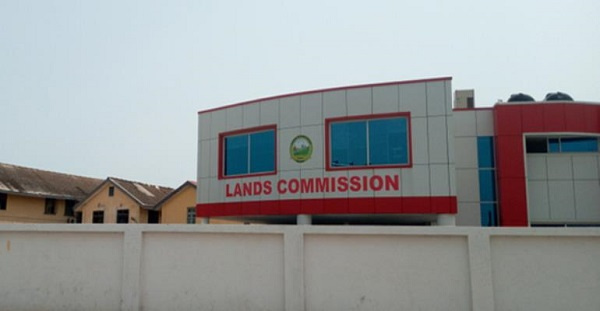In a reprehensible display of disregard for the public trust, Ghana's elites persist in a shameless scramble for state lands, as yet another unsettling chapter unfolds in the nation's history. The recent news cycle echoes my deep-seated disgust at the audacity displayed by those entrusted with safeguarding the interests of the people.
Ghana's constitution, encapsulated in Article 20(5), outlines a clear mandate that lands acquired by the government should inherently serve the public interest or their intended purpose. Furthermore, Clause 6 provides a safeguard, granting previous landowners the first option to reclaim property not utilized as initially intended. However, a closer inspection reveals a stark departure from these principles.
Historically, plots acquired as early as 1876 under the Public Lands Ordinance (1876) and subsequent legislations, including the State Lands Act 1962 (Act 125), were intended to serve the public good. Despite these legal frameworks, a disturbing trend has emerged, with prime lands being acquired by individuals, particularly those in positions of power, without regard for the intended purpose.
The urban renewal program initiated in 1998, ostensibly aimed at redeveloping government residential properties, took a disconcerting turn during its Phase 2 in 2003. Allegations of procedural deviations surfaced, marking the beginning of persistent accusations that prime lands were being distributed among associates and favourites, regardless of the political party in power.
In a shocking revelation by Joy News in November 2017, a list of former government officials acquiring state lands unfolded, reminiscent of a sale as casual as 'kelewele'. Over 416 individuals, predominantly previous government officials, along with public institutions, were allocated state lands between 2009 and 2016. The strategic locations of these lands, coupled with the identities of the beneficiaries, raise alarming questions about the transparency and fairness of the program.
Luxurious areas like Airport Residential Area, North Ridge, and East Legon Switch Backroad, became the hotspots for state land allocations, with ex-presidents, former political party chairmen, and ministers among the beneficiaries. The sale of state lands even became a contentious campaign issue during the 2008 election, with accusations of selling at discounted rates to political cronies.
The subsequent investigations and committees formed to address the irregularities yielded little impact. The ban on the buying of state lands, initiated under the John Mahama administration, proved to be short-lived, allowing the spree of land acquisitions to continue unabated.
It is disheartening and infuriating that Ghana's elites, educated with the taxes of the very people they are supposed to serve, persist in this blatant betrayal of public trust. The nation's journey is marred by a distressing reality: those entrusted to protect and preserve state lands are actively participating in their unjust exploitation.
As Ghana stands at this crossroads, the insidious legacy of land grab continues, leaving the nation to ponder – Ghana Quo Vadis
Latest Stories
-
Police launch raid on illegal miners in Asenanyo Forest Reserve
2 minutes -
Justice Ackaah-Boafo condemns ‘mob justice’, urges faith in Ghana’s legal system
5 minutes -
Keep Supreme Court retirement age at 70 – Justice Ackaah-Boafo urges
17 minutes -
Mr. Mike Eghan
18 minutes -
Mr Kofi Amponsah-Efah
23 minutes -
Judges must be AI literate – Justice Ackaah-Boafo
27 minutes -
Mrs. Victoria Ama Serwah Arthur
40 minutes -
Equater Energy to launch BuyPower Gh app on July 1
50 minutes -
KMA restricts street trading, enhances traffic regulations as Kumasi welcomes Eswatini King
55 minutes -
Yellow Card partners with Visa to accelerate stablecoin adoption across emerging economies
58 minutes -
Ghana’s Mathematics team excels at 2025 Pan African Olympiad
1 hour -
One dead, 4 injured in multi-vehicle crash on Cape Coast–Takoradi–Accra highway
1 hour -
AG’s public statements don’t influence judicial rulings – Justice Ackaah-Boafo
1 hour -
Justice Ackaah-Boafo: Ghana needs more lawyers to match justice system’s demand
2 hours -
Six new Adinkra symbols unveiled to signify Asantehene’s unparalleled leadership
2 hours

